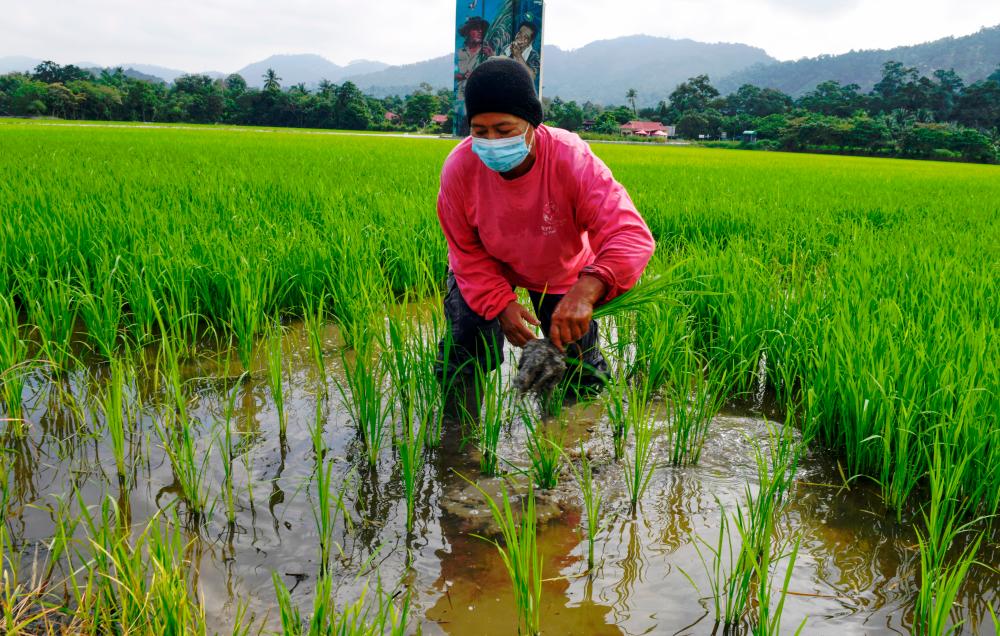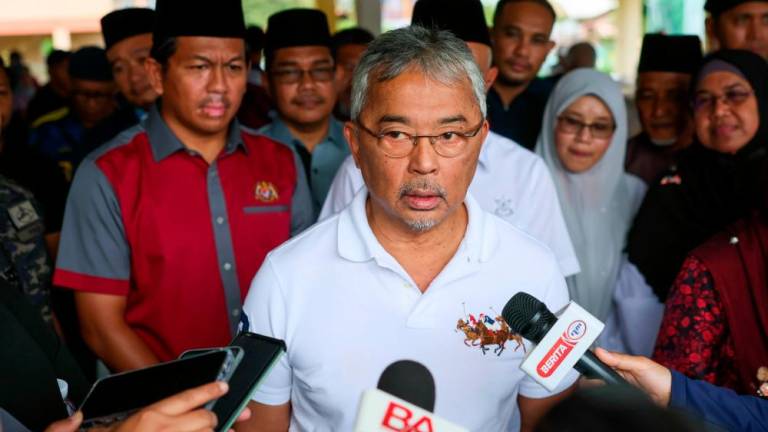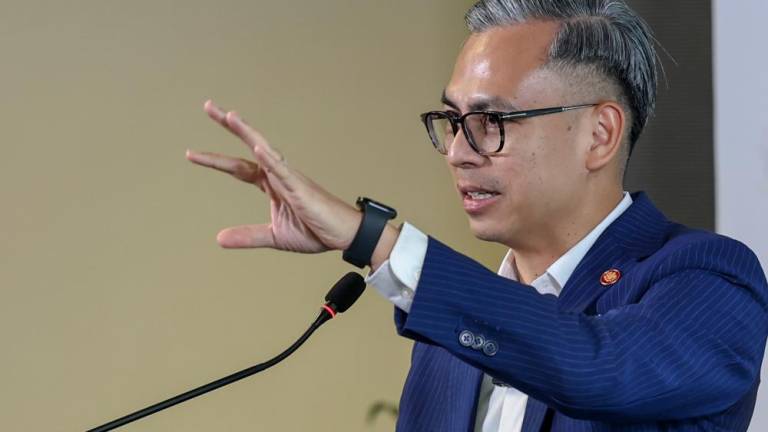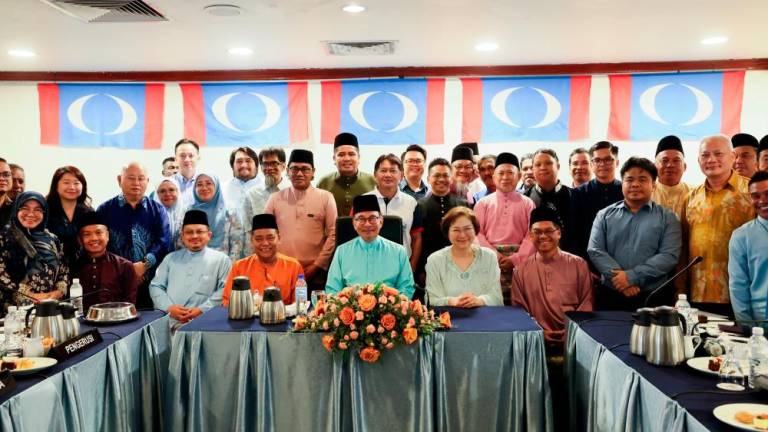PETALING JAYA: Food production has been one of the greatest threats to our environment. Technological innovation may yet be the salvation.
There is a movement now to use technology to strike a balance between human sustenance and environmental conservation and Malaysia is poised to lead the change.
For the Southeast Asia Thought for Food Foundation (TFF), which is driving the change, Malaysia is ideal given several reasons, one of which is its renown as a gourmet paradise.
In explaining its concept, TFF chief executive officer Melissa Ong said the traditional food production method and consumption habits have also been the major causes of soil degradation, overuse of water, pollution, deforestation and loss of biodiversity.
It has also been reported that food production alone accounts for a third of global greenhouse gas emissions.
However, Ong told theSun that available technology can now address these problems without the need to resort to trade-offs.
She pointed out that traditional food production methods had focused primarily on yield and optimisation of calories at the expense of other needs.
“But now, we have the digital tools and powerful technologies that enable us to raise yield while protecting, even enhancing, environmental conditions.”
She said with greater sustainability, food could also become tastier and more nutritious.
“There are many studies that show that when vegetables are cultivated in healthy soil that is also rich in nutrients, the flavours improve and the health benefits are enhanced,” she said.
Ong pointed out that with production becoming more localised, it would take a shorter time for the food to reach consumers.
“With the food cultivated locally, we eliminate the need to harvest early. Given that food also degrades during transportation, it therefore remains fresher when it reaches the consumer.”
She said that also ensures the food retains more of its flavour as well as all of the vitamins and minerals.
A side benefit would be the reduction of pollution caused by transport vehicles.
“We can make food production net positive. We can help people to stay healthy and the place we live sustainable. Innovation will get us there,” Ong said.
She said in the end, it is a win-win-win outcome for consumers, farmers and the environment.
Ong said the tools that are needed to improve production without harming the environment as well as the logistics involved are now available in Malaysia.
“It is about combining the digital with the regenerative practices. Therein lies our hope. The next generation will not see a dichotomy, they will see possibilities.”
Ong said Malaysia is more than ready for the challenge.
“We are a nation of foodies and we are known the world over for our readiness to try foods and flavours from anywhere,” she said.
“We are mashing up so many types of food from so many different cultures that live here. This is what innovation is all about”.
She pointed out that rather than staying with the tried and tested, it is all about experimenting, finding new and better ways and combining everything.
This unique acceptance of food among Malaysians is the factor that prompted TFF to build its Southeast Asia hub in the country.
“Malaysia is not only ready for these new ways, we are ready to lead the world,” Ong said.
She disagreed with assumptions that with the introduction of new ways to produce and prepare food, the traditional practices would be wiped out.
“We actually see digital technology bringing together ancient wisdom and cutting-edge technology. This is how we minimise the trade-offs.”
She said it would be all about learning the traditional ways, understanding how they work and bringing them into the future.
“The future will be more inclusive and complex, not just efficient, fast and optimised,” she added.













